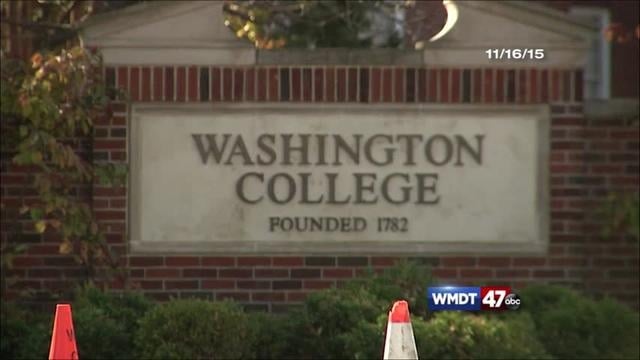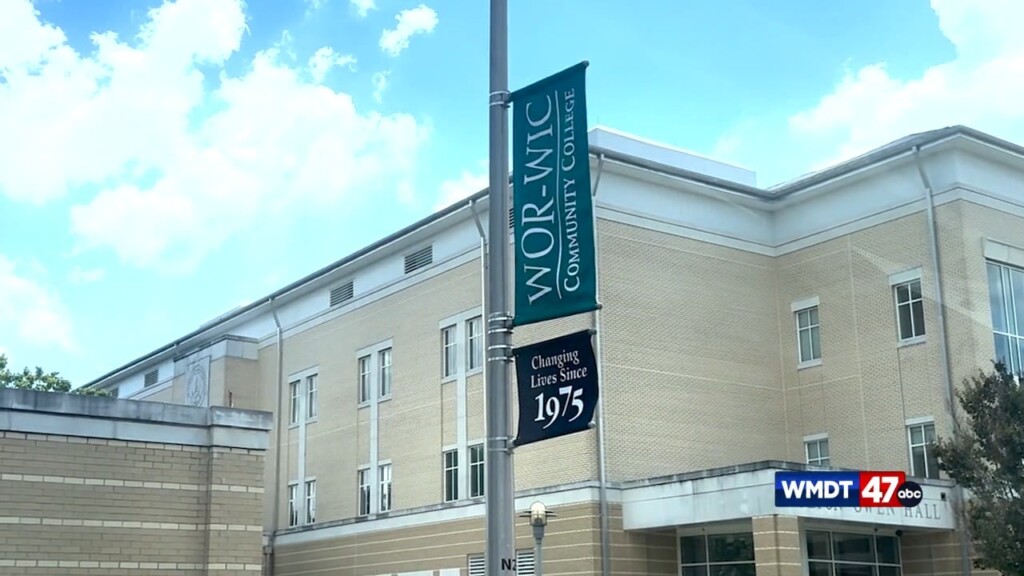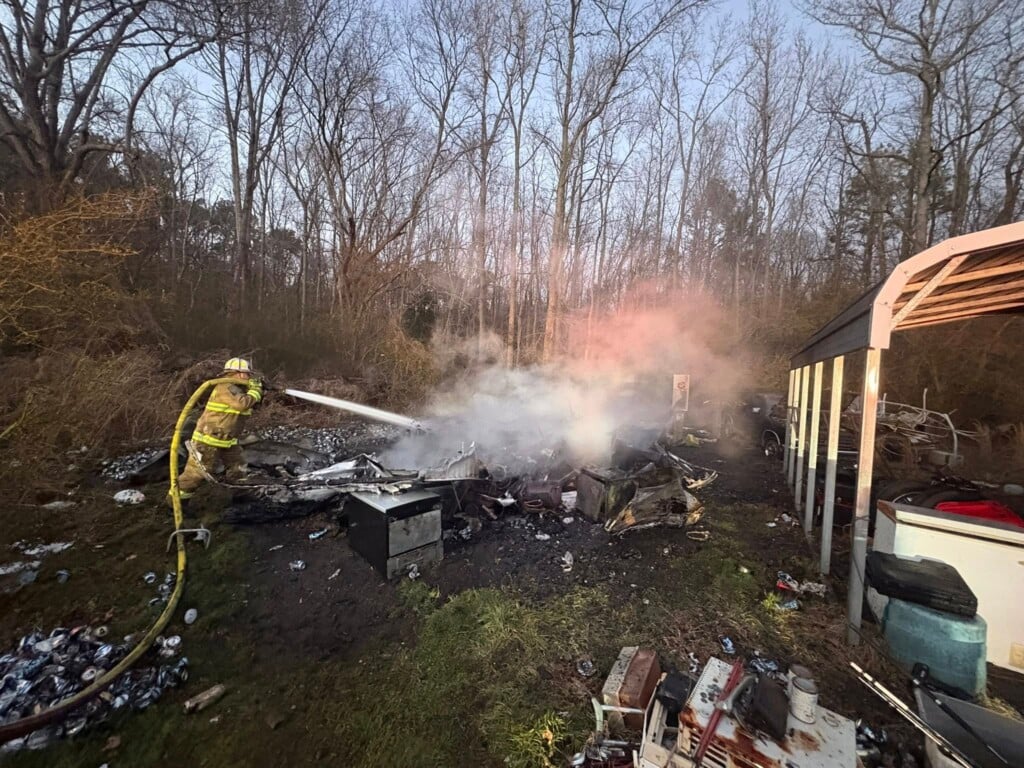Del. DOE to conduct statewide lead testing in school drinking water
DELAWARE – Delaware’s Department of Education (DOE) is taking another swing at testing lead levels in school drinking water. This comes after an initial round of testing in 2020 resulted in mistakes and miscommunication, say DOE officials.
Grant Approved
In 2019, DOE Secretary Mark Holodick says the state was awarded a Water Infrastructure Improvement for the Nation (WIIN) grant.
“There wasn’t necessarily a concern in Delaware. I think, nationally, the idea was that the government incentivized states to apply for WIIN grants,” said Holodick.
The DOE was awarded the grant in 2020, right as the COVID-19 pandemic swept Delmarva. Partnering with state health officials to facilitate the testing, the work began.
“It would have made sense for the state to pause the grant with all of the other efforts tied to the pandemic; efforts that required attention, time, and energy from the Department of Education,” said Holodick.
Testing Problems
However, Holodick says the testing process proved to be difficult as the DOE was navigating the COVID-19 pandemic.
“The testing kits were sent to schools directly, to the maintenance folks, with directions on the testing. But, understandably, those facility folks during COVID-19 were, just like DHSS and DOE, focused on other things,” said Holodick. “The testing did happen, and we appreciate that. There are some questions about all of the testing that occurred, and if the results collected are reliable.”
“You would want to conduct testing in the most normal environment possible. I think it’s safe to say that in the spring and summer of 2020, the environment in schools in the state of Delaware was not typical,” said Holodick.
In addition to that, Holodick says there were issues with communication, as well as how quickly reporting was being done. The grant requires test results to be reported to schools and their communities within 90 days. Holodick says in some cases, the DOE went well beyond that.
“There were a number of staff changes that occurred at the Department of Education throughout the term of this grant. I think there were some assumptions made about who was communicating with districts, and what was being communicated,” said Holodick.
Renewed Efforts
Now, the DOE is reupping the testing efforts, hoping to get clearer and more accurate results. Testing across the First State’s schools will begin next week, says Holodick.
“As we receive results from that testing, we will share that data with the districts, the schools, and their communities in a timely manner. We will need to work with the 19 districts and charter schools very closely,” said Holodick.
Batta Environmental Associates, Inc. will retest all water fixtures that initially tested at 7.5 parts per billion (ppb) or higher. Currently, any fixtures that have levels higher than that are shut off, and marked with signage.
“The data will speak for itself. I suspect that there may be some remediation work needed. I’m hopeful that the majority of that remediation work will be small projects. Some of it, I imagine, could be medium-sized projects. Hopefully, not. But, we would be prepared even for some larger remediation projects,” said Holodick.
Holodick says test results will be shared with districts and their communities when they are available.


